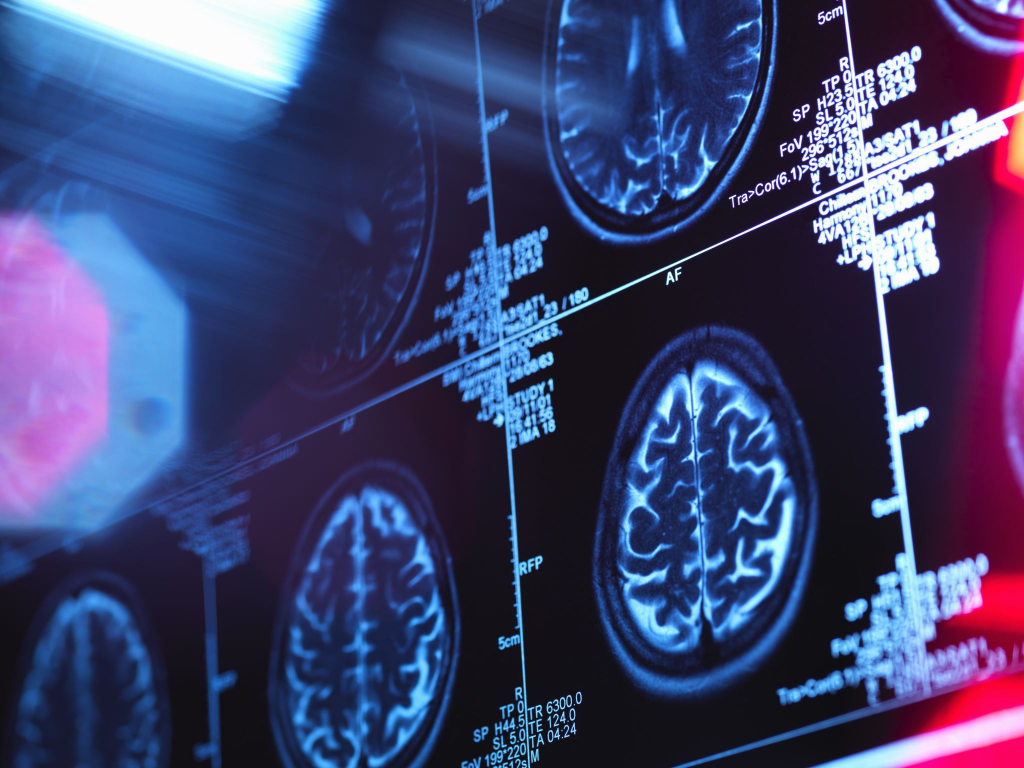
As we enter Alzheimer’s and Brain Awareness Month, it is important that we increase our understanding of this debilitating disorder that affects millions around the world. The primary goal of this month-long awareness and education initiative is to focus light on the frequently ignored complexity of Alzheimer’s disease, urge additional research, promote early identification, and, most significantly, shed light on the daily hardships faced by patients and their caregivers.
The most common form of dementia, Alzheimer’s disease, is a neurodegenerative disorder that gradually deteriorates an individual’s cognitive function, including memory, reasoning skills, and ability to complete daily tasks. It is currently the sixth greatest cause of death in the United States. Alzheimer’s disease accounts for 60-70% of dementia cases worldwide, affecting roughly 50 million individuals.
Despite its widespread impact, understanding and managing Alzheimer’s disease remains a daunting challenge. It is a ‘silent epidemic’ that gradually and subtly infiltrates the brain, often going undetected until the symptoms become more pronounced. Early symptoms often include forgetfulness, misplacing items, and difficulties in performing familiar tasks. As the disease progresses, symptoms become more severe and may include confusion, changes in behavior, and difficulty speaking, swallowing, or walking.
Science is still unraveling the exact causes of Alzheimer’s disease, but it is known that a combination of genetic, environmental, and lifestyle factors contribute to its development. The disease is characterized by the accumulation of two types of protein in the brain: ‘plaques’ (beta-amyloid) and ‘tangles’ (tau). These proteins disrupt the normal functioning of neurons, leading to their death and subsequent cognitive decline.
Although there is no known cure at this time, early discovery and diagnosis can help with better symptom management and overall life quality. Regular cognitive testing, living a healthy lifestyle, engaging in mental and social activities, and cutting back on risk factors like smoking, drinking, and obesity can all impede the disease’s course.
As we continue to shine a light on Alzheimer’s and brain health during June, it’s equally important to recognize the often unsung heroes in this battle – the caregivers. Caregiving for someone with Alzheimer’s disease can be an emotional, physical, and financial burden. This Brain Awareness Month allows us to also extend our support and understanding to these dedicated individuals who provide daily care and support to their loved ones battling Alzheimer’s.
Research is key to unlocking the secrets of this disease, and thus, supporting Alzheimer’s research is integral to our collective fight against it. Increased funding and focus on the development of new diagnostic methods, treatments, and, hopefully, a cure are imperative.
Finally, awareness is a powerful tool that helps destigmatize diseases like Alzheimer’s and foster understanding and compassion among the public. By educating ourselves and spreading knowledge about Alzheimer’s, we can help those affected by this disease feel less isolated and more supported.
As we collectively illuminate the shadows cast by Alzheimer’s this month, let us not forget to carry this torch of awareness, empathy, and support throughout the year.
References:
https://nationaltoday.com/alzheimers-brain-awareness-month
https://www.cdc.gov/aging/aginginfo/alzheimers.htm
